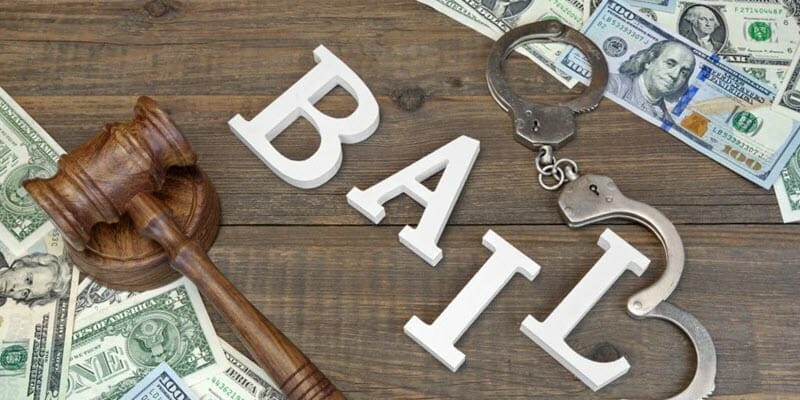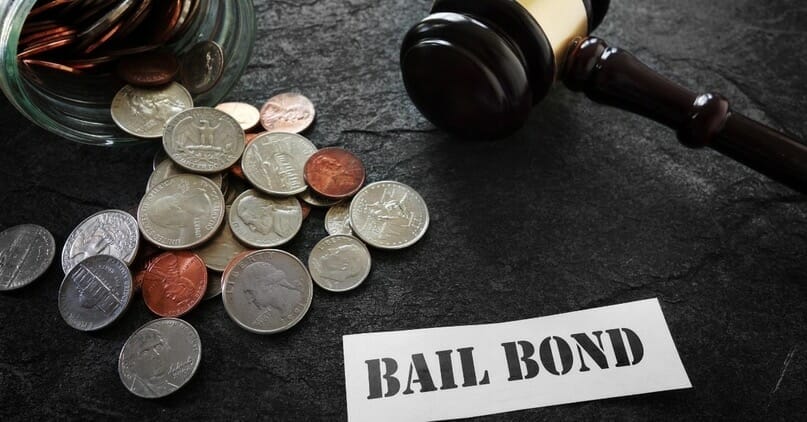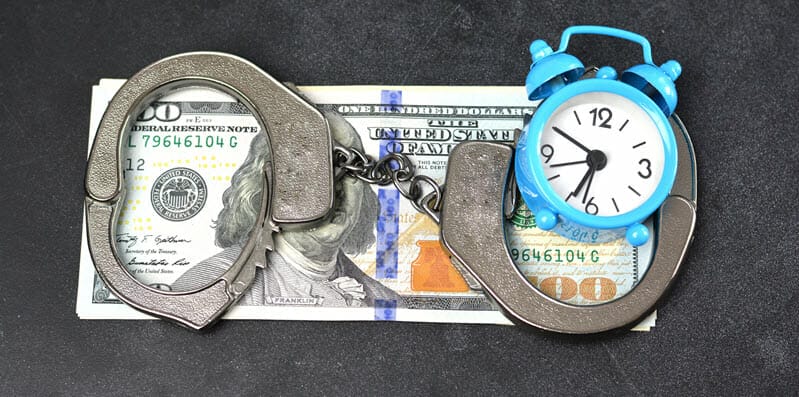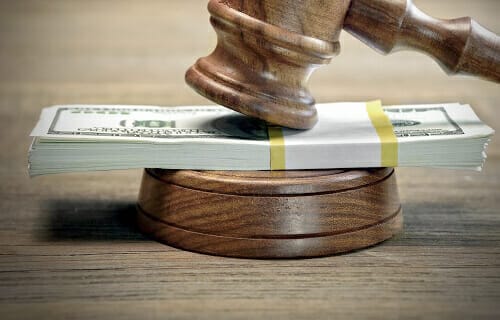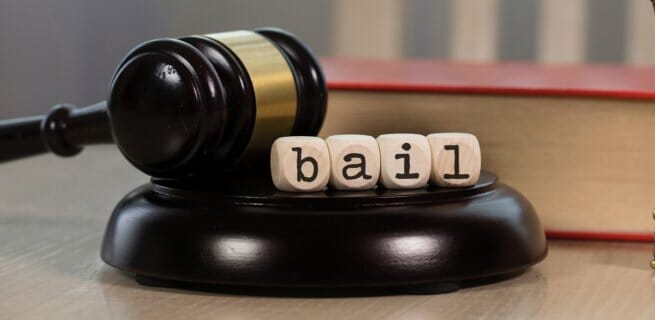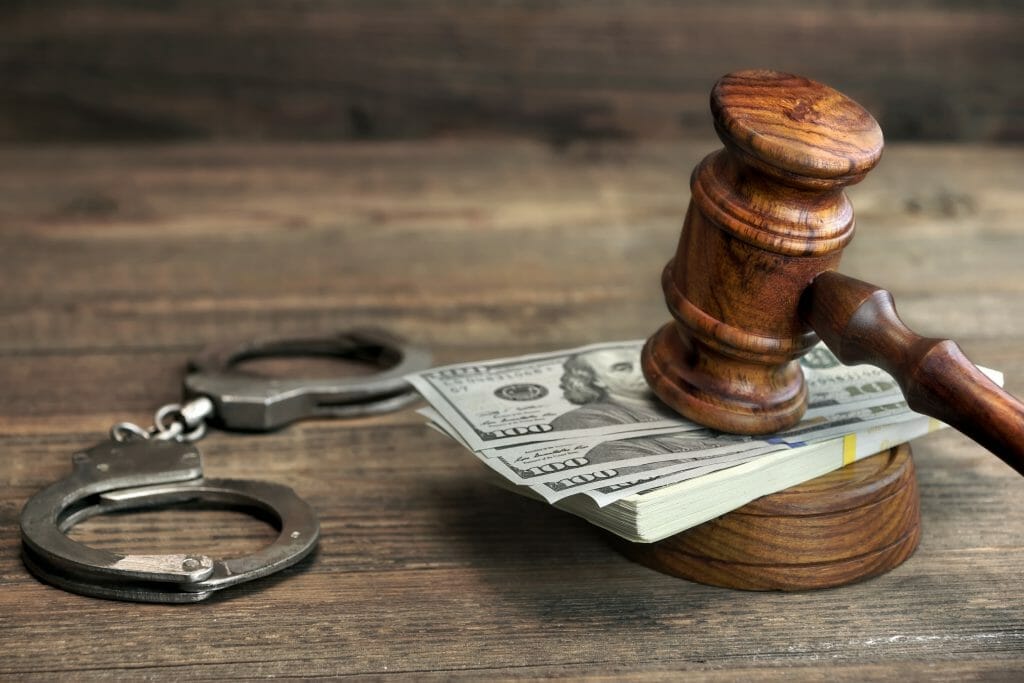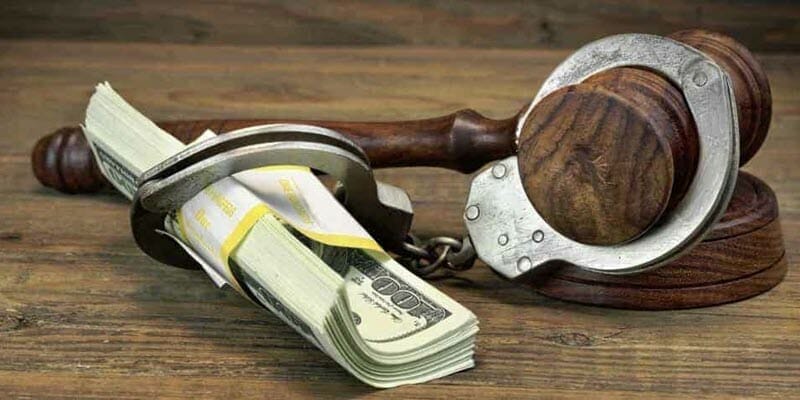
- Felonies
- *
- Misdemeanors
- *
- Drug/Narcotics Violations
- *
- Sex Offenses
- *
- Gun / Weapons Violations
- *
- Robbery
- *
- Burglary
- *
- Assault
- *
- Theft
- *
- White Collar Crimes
- *
- Domestic Assualt
- *
- Property Damage
- *

Can You Post Bail Before Being Charged With a Crime?
When someone gets arrested, they begin thinking about how they will get out of jail. No one wants to be stuck behind bars. The purpose of the bail system is to allow people to get released from jail and return to their homes to await trial.
What Happens After an Arrest?
After an arrest, you will be transported to the nearest police station and booked. You will need to give your personal information, and the officer will take your fingerprints. You will also be photographed for your mugshot.
The entire booking process can take 4-6 hours, and you will be placed in a holding cell during this time. The DA has 72 hours to charge you with a crime, or they have to let you go.
Can You Be Bailed Without Being Charged?
The answer to the question if you can be bailed before being charged is if your state has a bail schedule in place, and most do, you may be able to post bail before standing before the judge. With a schedule, there is a list of set amounts associated with specific crimes.
For instance, grand theft auto may carry amounts of $10,000. More serious crimes will have a higher amount.
If someone can afford that amount, they can pay the scheduled bail amounts in cash. This money is held until the criminal case is complete.
As long as the defendants appear in court for all trial dates, they will receive the cash bail money back. If the arrested person skips trial, the money becomes the property of the court system.
Bail Hearings Take Place Before a Judge
While bail schedules allow for convenience for common crimes, they do not take into account extenuating circumstances. Jail officials typically do not have the authority to deviate from the bail amount.
What happens if you cannot afford the scheduled bail amounts? The judge is responsible for setting bail. The judge has the authority to change bail or even release a defendant on his or her own recognizance, also known as an o.r. release.
Defendants have the right to a bail hearing before a judge, but this will mean they stay in jail until the hearing is scheduled. Because you have the right to a speedy trial, this pretrial release hearing typically takes place in less than 72 hours.
How Does a Judge Determine Bail?
Judges have the ultimate authority in setting bail. The judge will consider several factors when determining the amount, including the following.
- The seriousness of the criminal charges
- The defendant's criminal history and criminal record
- The defendant's flight risk
- The defendant's ties to the community
- The defendant's threat to the community
- The defendant's record and ability to appear in court
Because many of the factors a judge considers are unrelated to the current criminal charges, it is not uncommon for two defendants with the same criminal law charges to have different bail amounts.
Defendants Can Ask the Judge to Lower Bail
If you cannot afford to post bail, you have the option of awaiting a first appearance before the judge. During the arraignment, you or your defense attorney can ask the judge to consider lowering the amount. Criminal defense lawyers can also request a hearing to lower the amount.
Criminal defense attorneys will advise you to remain courteous at all times, even if the hearing does not go your way. The judge will make the decision, and you must abide by what they say, even if you do not agree.
Bail Cannot Be Excessive
According to the Eighth Amendment of the United States Constitution, bail cannot be excessive and cannot be used to raise money for the state government. It is important to remember that the primary purpose of bail is to ensure the arrested person shows up for their first court appearance and all trial dates afterward.
What About the Conditions of Bail?
In addition to deciding the bail amounts, judges may also decide on the conditions of release. Judges determine the conditions of release to keep a defendant from being non-compliant.
For instance, the judge may rule the defendant undergoes routine drug testing, stays away from certain acquaintances, or remains in a specific residence. If the arrested person does not comply with the conditions of release, the judge can issue an arrest warrant.
The following are some possible conditions of release:
- You cannot travel outside of the state.
- If there are victims, you cannot contact them.
- You may have to surrender any weapons until the trial process is complete.
- You may be required to wear an electronic monitoring device.
- You may be under pretrial supervision.
- You may be asked to attend drug counseling or seek mental health care.
What Are the Options for Paying Bail?
Once you know the bail amount, you have options for paying and getting out of jail.
- You can pay the full amount with cash or a check. Some courts only accept cashier's checks or cash.
- You can also put up property with the same value as the bail.
- The judge may grant you release on your own recognizance. With an o.r. release, you simply promise to appear in court.
- You can hire a bondsman.
What Is Involved in Hiring a Bail Bondsman?
If you do not have the cash or property to put up for bail, you have the option of hiring a bondsman. Hiring a bondsman involves paying a fee. This fee is based on a percentage of the bail.
A bondsman may also require collateral should the defendant flee before standing trial. If the defendants appear in court for their trial, they will receive the collateral back. If the defendant skips trial, the co-signer owes the entire bail, and the collateral is used to pay the payment.
Most people are released from jail within a few hours of paying a bondsman. If you are co-signing, make sure to provide the bondsman with all requested information to speed up the process and prevent needless delays.
Contact Us Today for Help With an Arrest
We understand getting arrested is a frightening experience for everyone. You have so many questions and concerns. Your first need is to get out of jail as quickly as possible.
If you are arrested, it is your right to be granted a fair bail. If you cannot pay this amount, you have the option of hiring a bondsman.
We are here to answer your questions and provide you with information on getting a bail bond. Our goal is to help you or a loved one get out of jail as quickly as possible.
The legal system is challenging to navigate, even if you have been through an arrest before. If you need assistance, we are here to help. Contact us today to get started on the process quickly.


